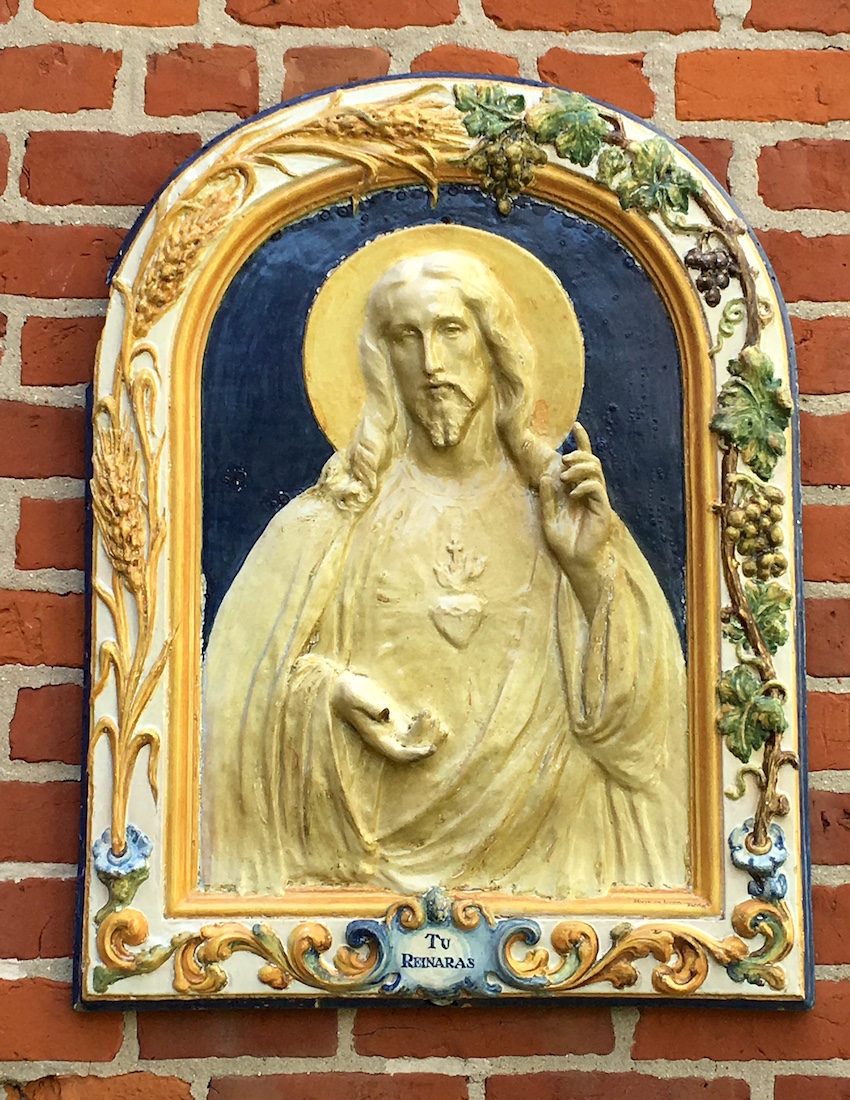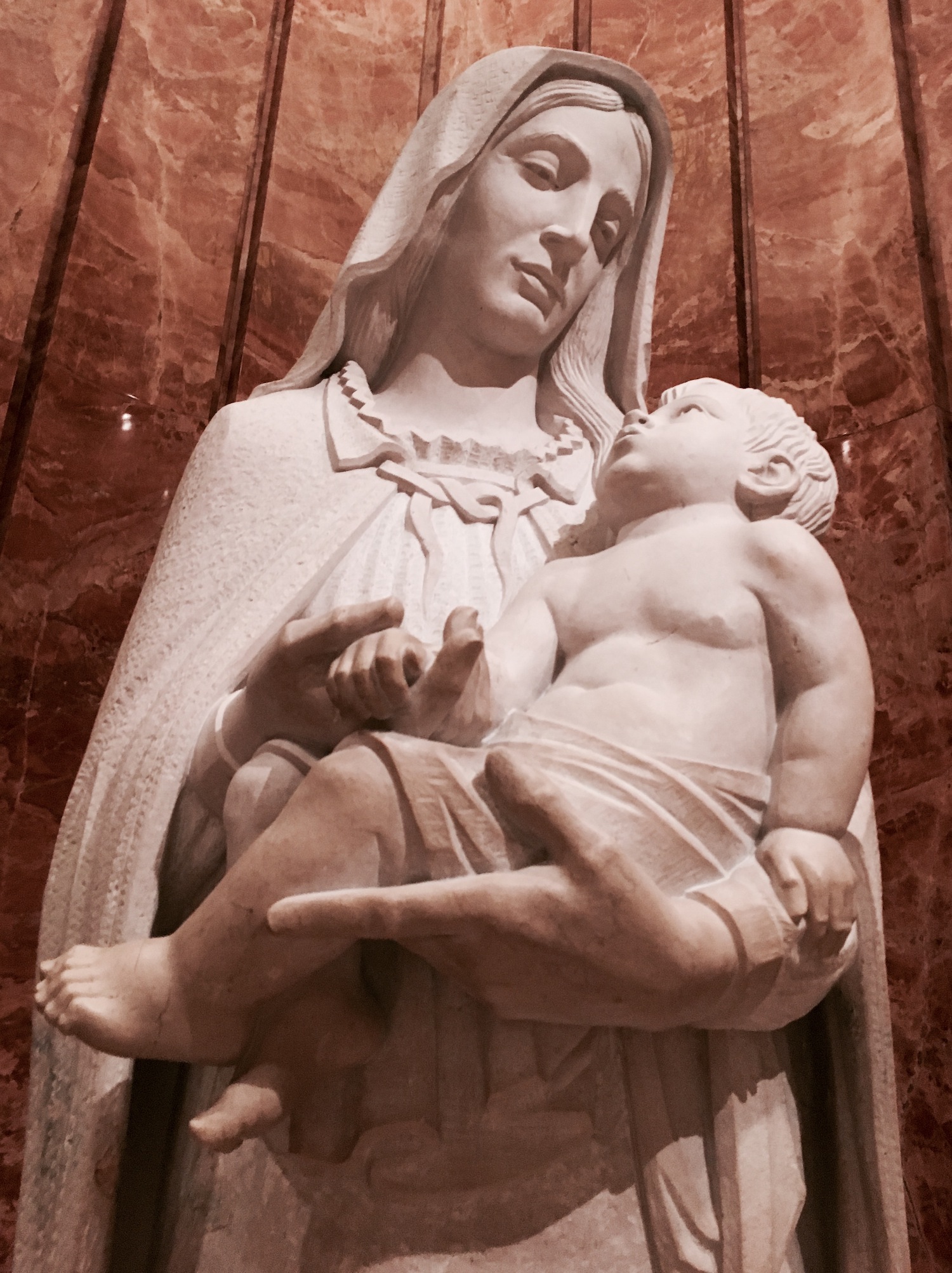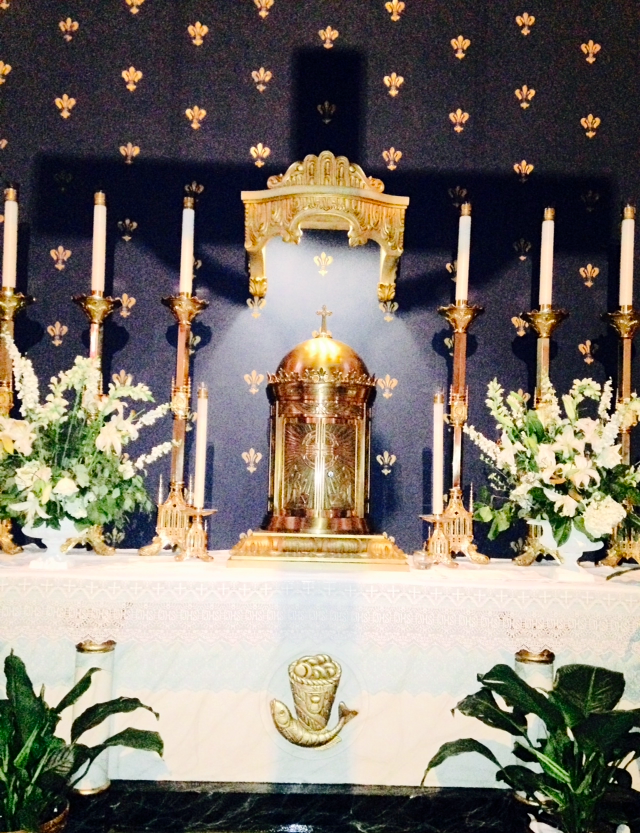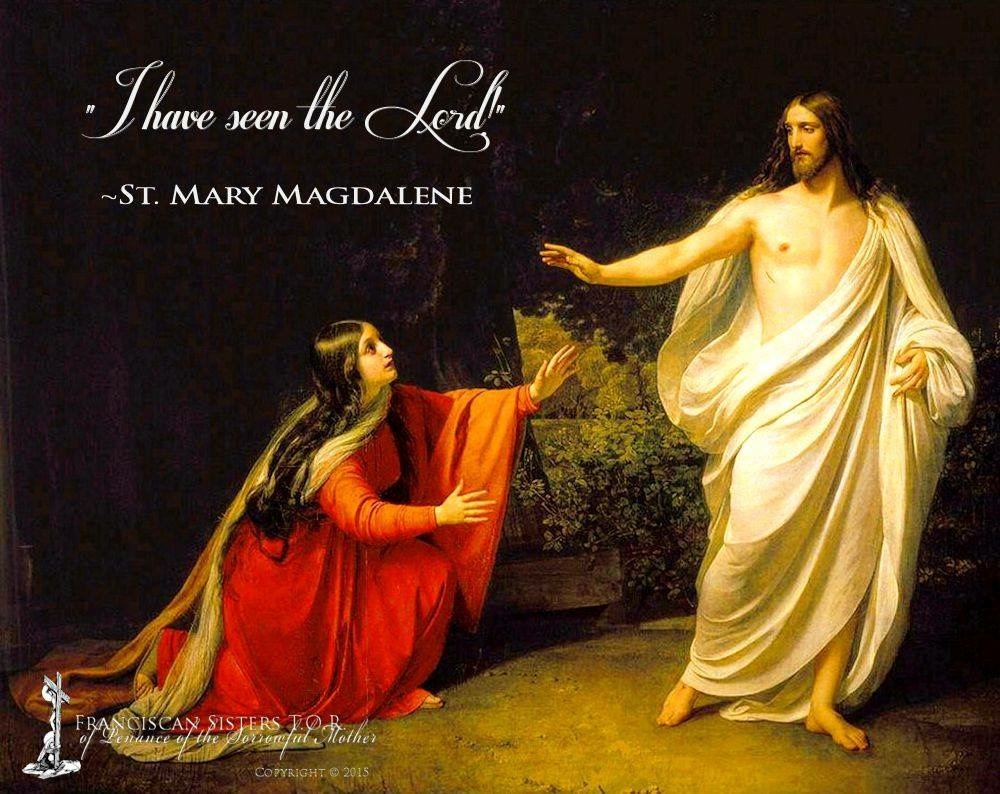“I went to the jungle thinking I was going to grieve, but God brought me there to heal,” author and full-time missionary Colleen C. Mitchell said as she sat on a stool in my kitchen, watching me prepare a pot of Crayfish Étouffée. Mitchell and I had met only a week earlier at a Catholic Trade Show in Chicago, but when I learned she was a native New Orleanian who would be coming through our hometown in a week, I insisted we get together. During our visit, Mitchell openly shared her story of heartbreak and grief, and how it led her family to a cloud forest in Costa Rica to serve as missionaries caring for the spiritual and physical needs of the indigenous Cabecar peoples.
Their journey to the jungle began in 2009 while Mitchell, her husband, Greg, and their six sons were living a normal, happy life as a Catholic homeschooling family. On what she called “a perfect homeschooling day,” tragedy suddenly struck when Mitchell found her three-month-old son, Bryce, unresponsive in his crib due to SIDS. Within a short time, the couple lost four more babies to miscarriage, leaving Mitchell completely shattered and irrevocably changed by the multiple heartbreaks and ensuing grief that had visited their lives.
Shortly after Bryce’s death, Greg became inspired to establish a non-profit organization in Bryce’s name for the purpose of sharing the Gospel. “I can’t say I opposed the idea,” wrote Mitchell in the exquisite new book that grew out of her grief entitled Who Does He Say You Are: Women Transformed by Christ in the Gospels. “But I could not make logical sense of how you give your heart away when you are holding its shards in bleeding hands.”
9781632531025_50896be0-fe96-42b3-8234-e71a251d5f3a_1024x1024
Still tentative about how they could help others while in so much pain themselves, Mitchell offered God and Greg a “weak-kneed” yes, and St. Bryce Missions was born. Not long after that, Greg visited Costa Rica on a business trip, coming home with a vision for their future that his wife had not imagined: moving their family to the Chirripo Mountains of south Central Costa Rica to minister to the unevangelized indigenous peoples who live on a government-provided reserve therein.
Making a radical leap of faith, Mitchell packed her family’s belongings and necessities into 12 suitcases, embarking “sight unseen on a journey of redemption” to the poorest area of Costa Rica, unsure of what lay before them. Three weeks into their new life in the remote jungle, tragedy struck again via the death of Greg’s mother, necessitating his departure from Costa Rica for three weeks. “It was then—as I sat broken-hearted, isolated and alone in the jungle with my boys, with no car, unable to speak Spanish, apart from everything and everyone I had known—that I realized I needed to get to know God in a new way.”
Mitchell spent long days sitting beside a running river with her Bible and journal in hand, meditating upon Gospel stories of Christ’s healing, transforming power as her boys played in the river’s clear waters. There the grieving mother began to hear Christ speaking life into her heart again, and it was there that she began to reclaim God’s vision of her by journaling the “tender mercies” the Lord gave her in prayer—the very journal entries that would eventually become the chapters of her beautiful new book.
“I began to own that even with all the cracks and broken places the last few years had wrought in me, I was beautiful and beloved to him, and I had a purpose. He wanted to use me,” she wrote. It would not take long for that purpose to be realized.
Mitchell began to notice that basic healthcare was inaccessible to the Cabecar women, forcing pregnant women to walk as many as ten miles while in labor trying to find a hospital in which to safely deliver their babies. Wondering how she could help, she hatched a plan in her mind to find and engage an existing organizational institution to solve the problem of making healthcare more accessible to these poor women. Again, God surprised her with an unimagined solution.
“One day in prayer, I heard God say, ‘Use what you have to meet this need,’” Mitchell told me as I sat listening in amazement. “You have a car, a house, and a way to get these people to the hospital. Share with them what I’ve given you.”
Mitchell said yes.
The very next day Mitchell and her husband encountered a Cabecar woman with an extremely sick baby who had already walked eight hours in the pouring rain to find medical help. They picked her up, drove her to the hospital, and stayed with her to make sure she received the care she needed, leaving their phone number with her in the event she had no way to get home upon the baby’s release from the hospital. The woman called the couple the next day, and ended up staying in their home for a week until the baby was stable enough to go home.
After this first encounter, the Mitchells put the word out that they were willing to help others, and more women began to show up. This influx eventually prompted the family to move to a larger home close to the hospital which sleeps 25 women in addition to their family of 7—bringing to life the St. Francis Emmaus Center, a home-based ministry that is only one of several initiatives St. Bryce Missions is currently undertaking to reach out to those on the peripheries of society with the Gospel. To date, over 700 Cabecar women have come through their doors to receive food, shelter, health education and health-care advocacy in the state-run medical system, receiving love and care from the Mitchells and their five still-homeschooling sons, all of whom are engaged in the work of St. Bryce Missions.
The Mitchell’s “yes” to God has birthed healing in hopelessness and grace in grief—for themselves and numerous others. Their efforts have not only spurred a 50% drop in the infant mortality rate among the people they serve, but has given whole families in an oft-overlooked part of the world the opportunity to encounter Christ.
This article appeared previously at Aleteia.


 To peruse the comments in response last week's blog at
To peruse the comments in response last week's blog at 









